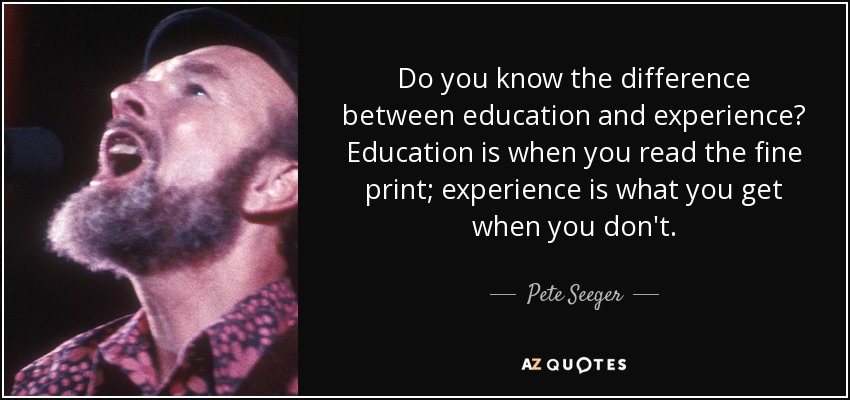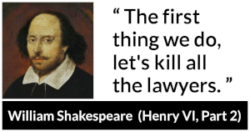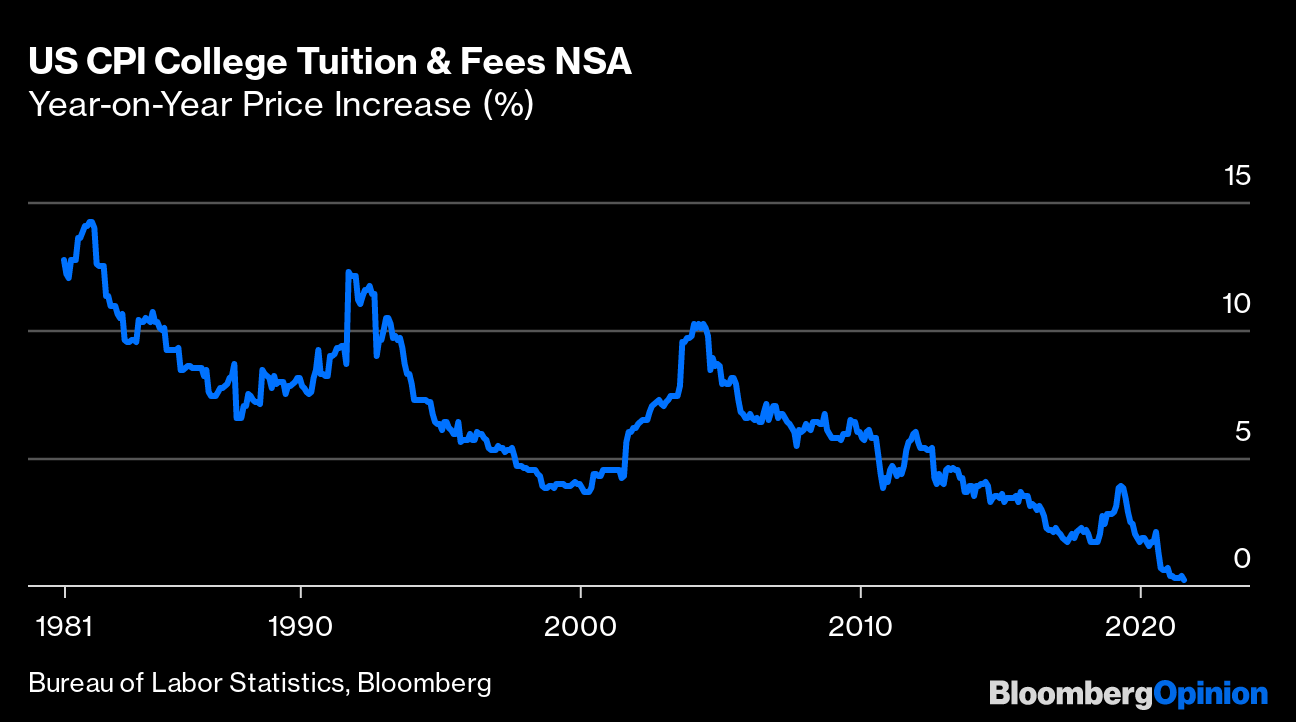It seems to have been almost two weeks since I last posted something here. That is largely a function of bearing down on work, and on other urgencies. Plus I’ve had multiple interesting often all-day online conferences to go to, some including Saturday sessions; next Friday there are two I’d like to go to that almost completely overlap. And, not least, the psychological effect of war in Europe: the not-utterly-theoretical chance of a third World War, or worse a nuclear exchange, cannot be discounted. It’s an attention-grabber and a source of anxiety.
Work itself has certainly been copious. I had a bunch of mid-term papers to grade. Creating the final tranches of the syllabi and notes and questions for my two classes this semester, Information Privacy Law and Robots & AI Law, is also eating me alive. These are areas where there is such a great wealth of material that trying to boil it down to readable class-size chunks is just very hard. It’s the first time in many years that I’ve had to do this for two classes at once–usually I’m smart enough to rely on a casebook for at least one class if I’m teaching two. And usually I’m smart enough to do more of the detailed preparation over the summer or the Xmas break; again, circumstances intervened.
Speaking of teaching, my schedule for next year will be different. Next year I’ll teach Robots & AI in Fall, and then have a tough Spring with Administrative Law and Jurisprudence (a first-year elective, with a parallel section for 2Ls & 3Ls). Administrative Law has a book, but the Supreme Court’s activism in this area rapidly outstrips any casebook’s supplement. Keeping up is a chore, albeit one I find satisfying if not exactly enjoyable as I tend to disagree with the new rulings. And the eight-hour take-home exams take quite a bit of time to grade.
I have not taught Jurisprudence in many years, but the person who took over the course from me retired a few years ago, and it threatened to fall out of the curriculum. I think any law school with intellectual pretensions should offer it, and I look forward to taking it up again.
I tend towards the Analytic Jurisprudence school over the, I think, more popular ‘history of legal philosophy’ model. You can tell if it’s a History of Legal Philosophy course if it starts with Hammurabi; I start with the Lon Fuller’s classic The Case of the Speluncean Explorers. The course’s theme, as is common in the Analytic Jurisprudence model of intro courses, is how do we identify what the law is, and secondarily (somewhat Fullerishly) why do we owe this law fidelity or obedience, and (only) thirdly normative questions of what the law should be–although that is inevitably commingled with obedience/fidelity issue. I tend towards trouble cases which I hope give students interesting things to chew on. And I do try to give readings reflecting the Positivists (especially Hart), the Realists (the classics and them sometimes a little from the New Haven School of international law), the Sociological school, and even the Natural Law school–although for me the only way to get there would be sociological or anthropological, which no doubt betrays my Analytic bias.
I have my own materials from when I last taught it, which on the whole do most of what I want, but they do have some soft spots. For one thing, I’ve never figured out how to teach Dworkin right: his thought seems such a moving target, and the best works are long. I have tended to use secondary sources but never found one that does the job in an acceptable page count. In my perfect course I would end up considering the ways in which International Law is “law” or a “legal system” in a meaningful way. My view, increasingly ratified by history, is that international law is indeed as much a form of a law as is US domestic law, so the differences are more of degree than kind–I am not a positivist!– but that is a big topic and including it means leaving out something else. To those who say Putin proves international law is not law, I would counter both with the very strong trans-national response, and the observation that there are some pretty big domestic law-breakers too, but (other than in CLS) we rarely say this proves that what we teach is pure mystification. Hmm. Maybe I should assign Duncan Kennedy’s ‘little red book’?
There is also a substantial number of quality jurisprudence books written in the last decade, of which I could conceivably assign perhaps one or part of one; I’ve read fewer of them than I like to admit, and even fewer with care, so catching up is going to be a summer project, one I look forward to.
The medium-term plan is to teach Jurisprudence and Privacy in alternate years, given that neither grabs enormous enrollments. We’ll see how that works out.
 I would like to hire a UM 2L to be my research assistant for 10-15 hours/week during the coming semester. If things work out we might continue into the summer, and/or next year.
I would like to hire a UM 2L to be my research assistant for 10-15 hours/week during the coming semester. If things work out we might continue into the summer, and/or next year.



